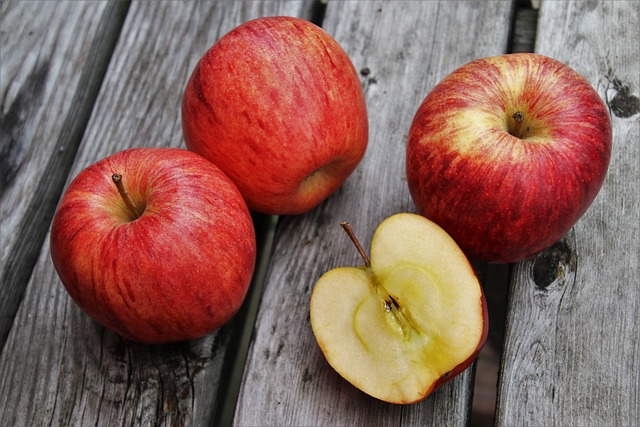Breaking Down the Strains: A Comprehensive Look at Different Types of Probiotics
Probiotics are becoming increasingly popular due to their potential health benefits. These live organisms, when consumed in adequate amounts, can provide numerous advantages for our gut health, immune system, and overall well-being.
The Basics of Probiotics
Probiotics are essentially good bacteria that reside in our digestive tract. They aid in promoting a healthy balance of microorganisms, particularly in the gut. While our bodies naturally contain various types of gut bacteria, external factors such as poor diet, stress, and certain medications can disrupt this delicate balance.
Supplementing with probiotics helps replenish and diversify the bacterial strains in our gut, improving digestion and supporting overall health.
The Different Types of Probiotic Strains
Probiotics come in various strains, each with its own unique characteristics and health benefits. Let’s explore some of the most common types:
1. Lactobacillus acidophilus
Lactobacillus acidophilus is one of the most well-known and extensively studied probiotic strains. It’s commonly found in yogurt and fermented foods. This strain is known for its ability to promote gut health, improve digestion, and boost the immune system.
2. Bifidobacterium lactis
Bifidobacterium lactis is another widely recognized strain that aids in supporting gut health. It helps maintain a healthy digestive system, supports nutrient absorption, and has been linked to a strengthened immune system.
3. Lactobacillus rhamnosus
Lactobacillus rhamnosus is a versatile strain that offers multiple benefits. It has been shown to improve symptoms of gastrointestinal disorders, enhance the immune response, and even aid in weight management.
4. Streptococcus thermophilus
Streptococcus thermophilus is primarily known for its involvement in the fermentation of dairy products. It has been shown to support lactose digestion, making it beneficial for individuals with lactose intolerance.
5. Saccharomyces boulardii
Saccharomyces boulardii is a yeast-based probiotic that has demonstrated impressive abilities in supporting digestive health. It can help alleviate symptoms of diarrhea, particularly those associated with antibiotic use.
6. Bifidobacterium longum
Bifidobacterium longum is a strain that has been extensively studied for its potential benefits for the aging population. It helps maintain a healthy gut microbiota, supports bowel regularity, and may even enhance immune function.
Choosing the Right Probiotic
When selecting a probiotic supplement, it’s essential to consider your specific health needs. Different strains offer various benefits, so it’s important to choose one that aligns with your goals.
Additionally, look for products that provide colony-forming units (CFUs) count on the packaging. This number indicates the amount of viable bacteria present in each dose.
Lastly, seek out reputable brands that prioritize quality and utilize proper storage and transportation methods to ensure the viability of the probiotic strains.
The Bottom Line
Probiotics offer a multitude of benefits for our gut health and overall well-being. Understanding the different strains and their specific advantages can help in choosing the right probiotic supplement for your needs. Remember to consult with a healthcare professional before starting any new supplements, especially if you have any underlying health conditions.







